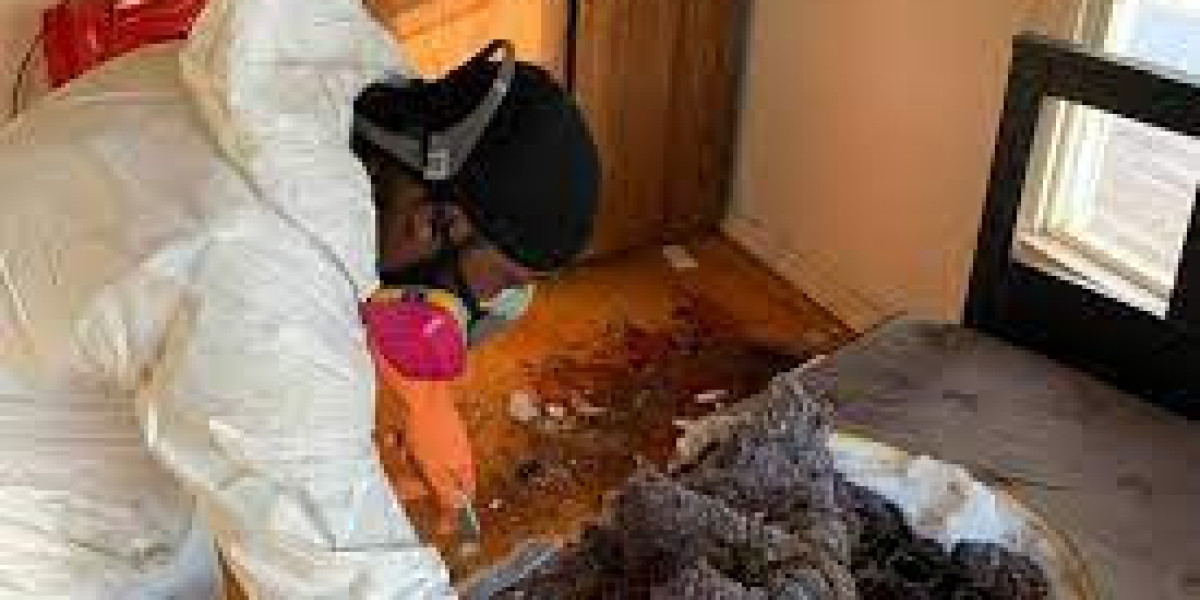Introduction
Negotiating fair compensation is an important aspect of building a successful career as a crime scene cleaner. By effectively advocating for yourself and understanding the value you bring to the profession, you can secure a salary that reflects your skills, experience, and the demands of the job. This article provides valuable tips for negotiating pay as a crime scene cleaner.
Research Salary Data
Before entering into negotiations, research salary data specific to the crime scene cleaning industry. Look for salary ranges and averages based on factors such as experience, certifications, and geographic location. This information will give you a realistic understanding of what to expect and serve as a foundation for your negotiation strategy.
Highlight Your Skills and Expertise
During negotiations, emphasize your skills, expertise, and unique qualifications as a crime scene cleaner. Discuss your experience in handling challenging cases, specialized training, and certifications you have obtained. Clearly articulate the value you bring to the job, including your ability to handle hazardous materials, adhere to safety protocols, and provide compassionate support to those affected by traumatic events.
Demonstrate Accomplishments
Highlight your accomplishments and success stories to demonstrate your capabilities as a crime scene cleaner. Share examples of how you have exceeded expectations, achieved positive outcomes, or received recognition for your work. Concrete evidence of your performance can strengthen your negotiation position and justify your request for fair compensation.
Emphasize Continuing Education
Emphasize your commitment to continuous learning and professional development. Discuss any additional training or certifications you have pursued to enhance your skills as a crime scene cleaner. Demonstrating a willingness to stay up-to-date with industry advancements shows your dedication to providing the best possible service, making you a valuable asset to employers.
Communicate Your Value
Articulate the value you bring to the organization and the impact of your work as a crime scene cleaner. Highlight how your skills contribute to client satisfaction, operational efficiency, and the reputation of the company. Communicate the positive outcomes and benefits that result from your expertise and commitment to delivering high-quality cleaning services.
Be Prepared to Negotiate
Approach the negotiation process with confidence and be prepared to negotiate. Determine your desired salary range based on your research and personal financial goals. Consider other aspects of compensation, such as benefits, bonuses, or opportunities for advancement, that may also be negotiable. Be open to compromise while advocating for fair compensation that aligns with your skills and the demands of the job.
Conclusion
Negotiating fair compensation as a crime scene cleaner is a crucial step in building a rewarding and sustainable career. By researching salary data, highlighting your skills and expertise, demonstrating accomplishments, emphasizing continuing education, communicating your value, and being prepared to negotiate, you can secure fair compensation that recognizes your contributions. Remember to approach negotiations with confidence and professionalism, and strive for a mutually beneficial outcome that supports your long-term professional growth and financial well-being.



